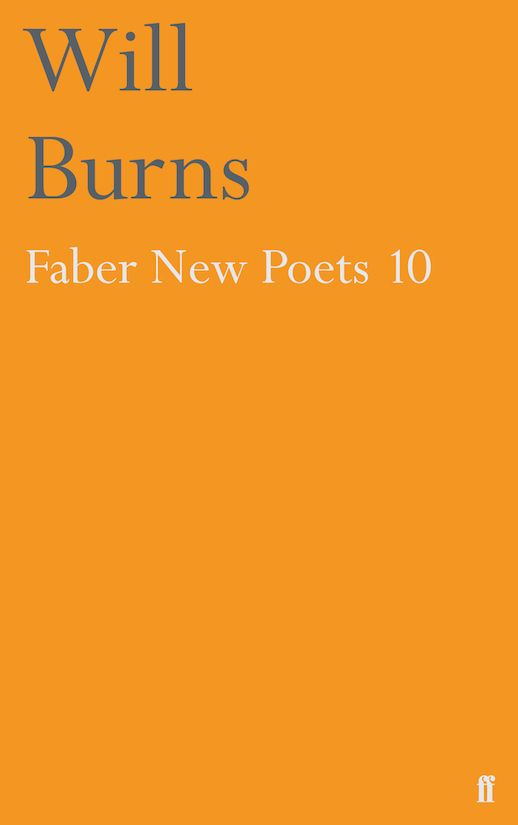The Caught by the River Book of the Month for October.
Reviewed by John Andrews.
The final lines of ‘Stretch’ the last poem in Will Burns first collection, an anthology for Faber & Faber published as part of the Faber New Poets 2013-2014 read:
‘Later, I think about
all that I have seen on this trip.
Half the time I cannot
understand the words she says.
Road signs. Newspapers. Any of this.’
One might argue that the job of a poet in society is to interpret for those of us who are not poets the nuances of language and to fill in the gaps between what is said and what is unsaid. Poets give us succour and comfort through their words, we turn to them at times of despair and at times of confusion, they are akin to holy men and holy women, to space travellers and to people who have returned from the dead: priests, rabbis, sages, golems, phantoms, visionaries, the men and women who fell to earth.
So when one speaks of their own confusion it is surprising, alarming and not a little chilling. But in the work of Will Burns there is no hiding place from either his emotions nor one’s own. Truth is writ large by a voice that is at times as raw as the sap in an young Buckinghamshire beech and beauty abounds in words at times as wise as the creak of an old English oak in the first October gale. He is the poet child born through toil at the end of the old Metropolitan Line, speaking like the bastard son of John Betjeman and Thomas Jerome Newton. He writes with an instinctive understanding about place and people, about a world slowly vanishing which is best described as ‘Country’
‘I have heard it called
the nether country,
Buck’s country
and thieves’ country.
We were warned
that it was punch
up and fruitcake
country.
It was built of bone
and sold off in car boot
fields, piece by piece.’
Marrow, blood, skies lit by lightning glimpsed through ‘The Canyon’ and a smack in the mouth at closing time, here is the anthem for the car breaker, here are the words that speak for the tip rat, the second hand white goods dealer, the breed excluded by the ethnic cleansing of the Low Emission Zone, men who steep their hands in red diesel, those who peddle bicycles rather than pedal upon them, those whose customs and language will soon be a memory. Here is the comfort for the girl imprisoned before she reaches the age of consent, here is a sonnet’s worth of despair for a people housed in new schemes and torn from their roots as their villages and patches become suburbs and their centuries old identity is staple-gunned down under a plastic veneer of cheap branding. Here is the hope and here are your tears cried for you in ‘How I Learned to Live Without Candles’, here is the old coat you can wear like a new skin in ‘A Man Made of Water’, here is an arm put around the lonely in ‘Winter in This Room’, here is humour to lighten it all at the end of ‘In the Bar at the Golden Heart Hotel’, here is the love in the acknowledgements, here are fifteen pieces of work by a poet whose collection was chosen alongside that of Rachael Allen, Zaffar Kunial and Declan Ryan out of 850 submissions by Faber and Faber for their New Poets Scheme of 2013-2014. Here is a slim volume that one day will be placed on the bedside table of every traveller’s hotel in the Thames Valley when the New Testament has finally lost all of its meaning, John Betjeman’s bones are nothing but dust, those who fell to earth have long been forgotten and the name of Will Burns is synonymous with 21st Century poetry.
